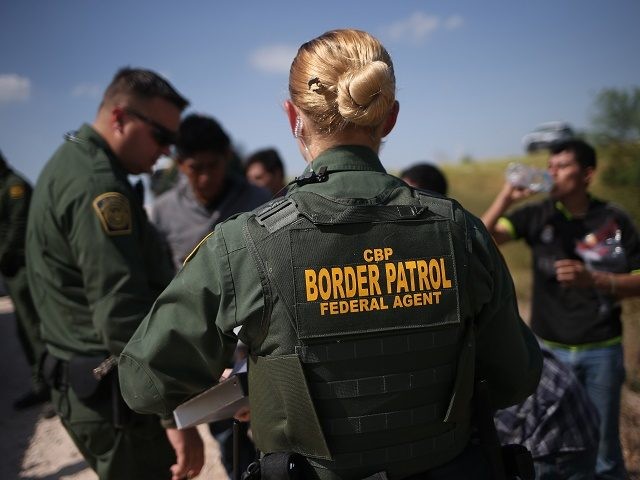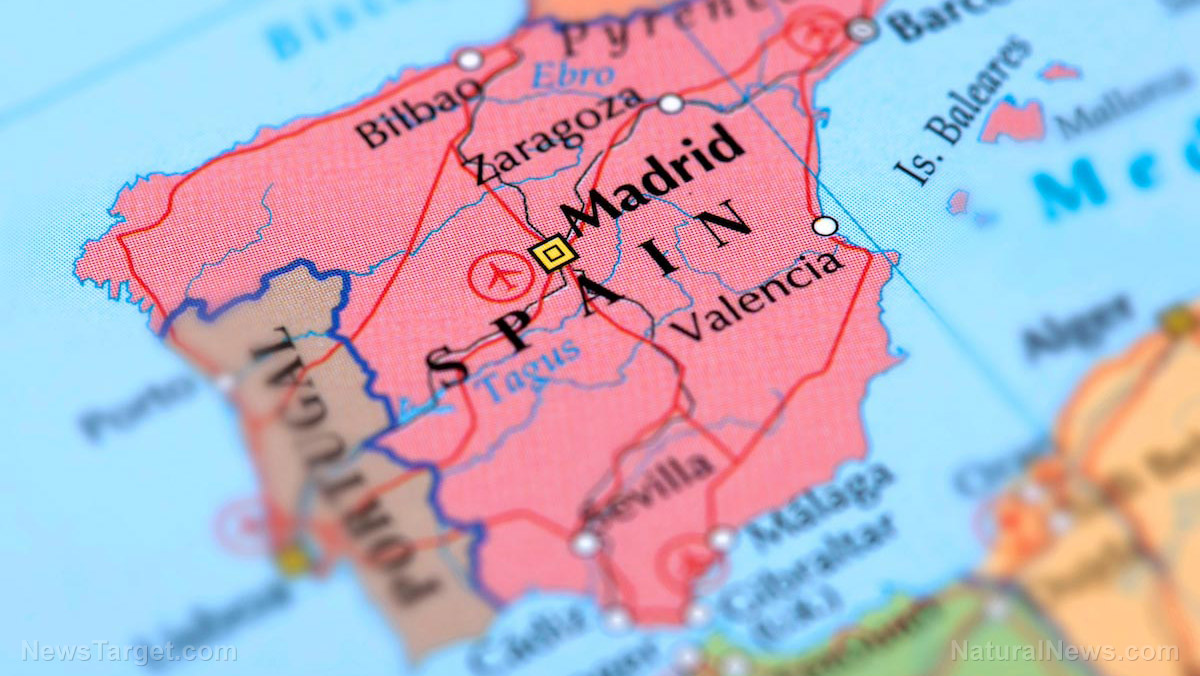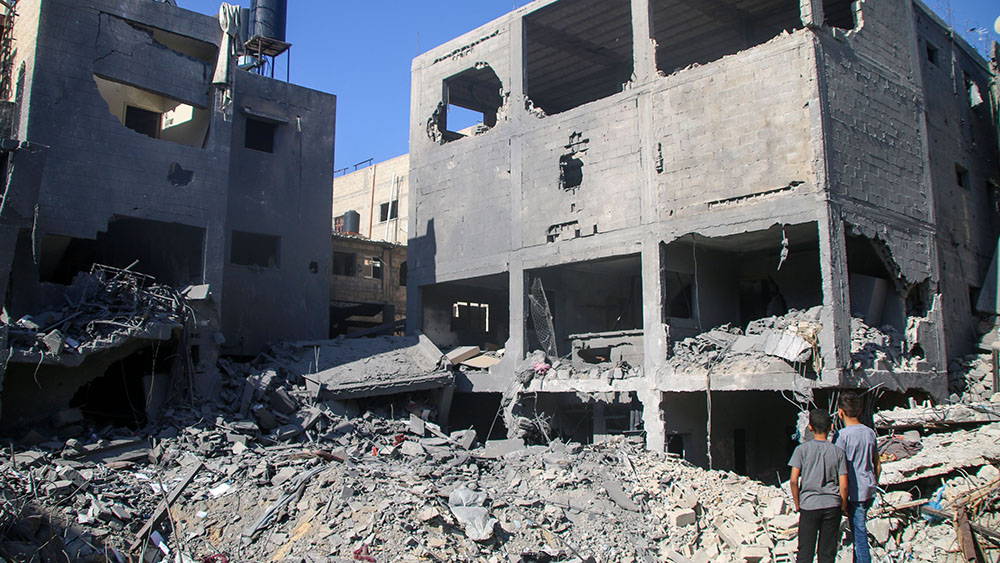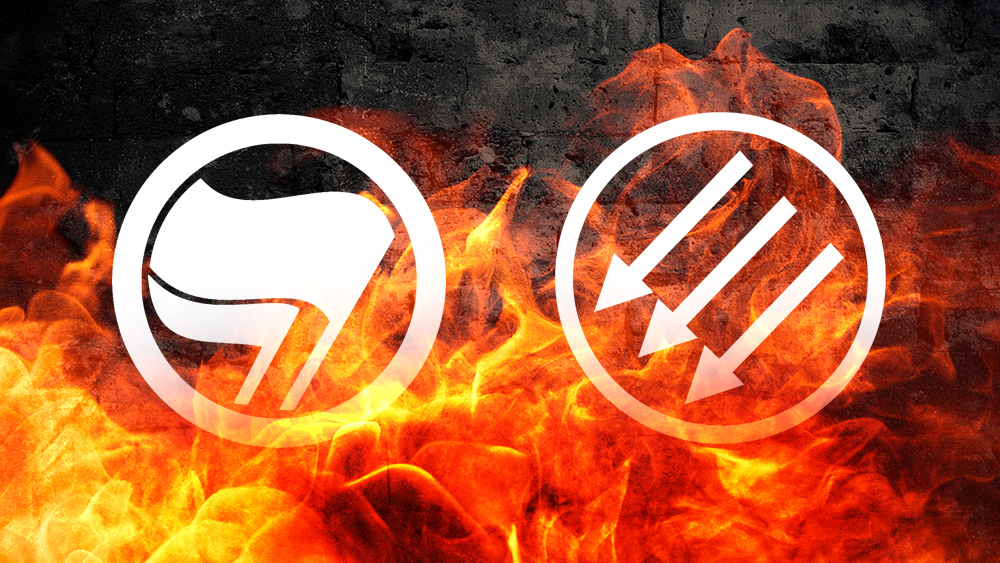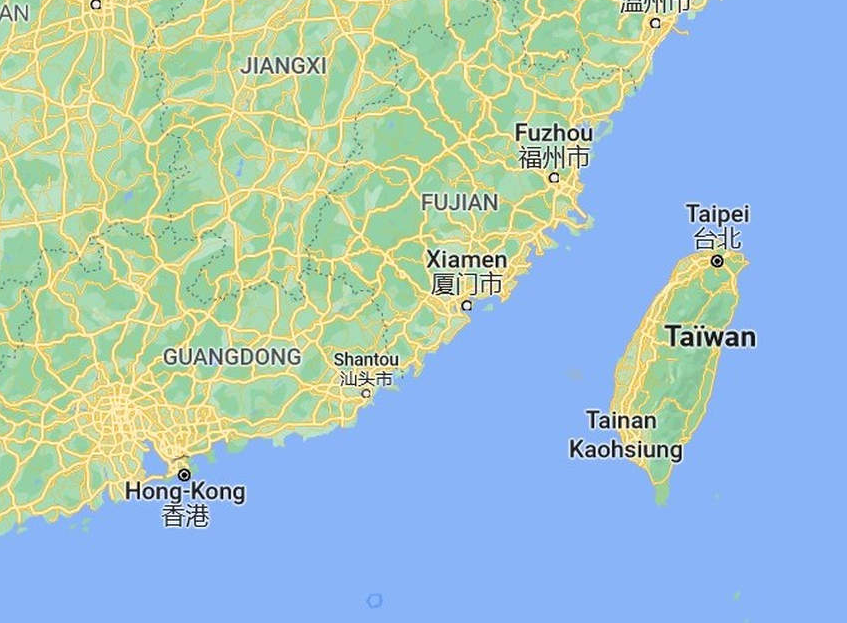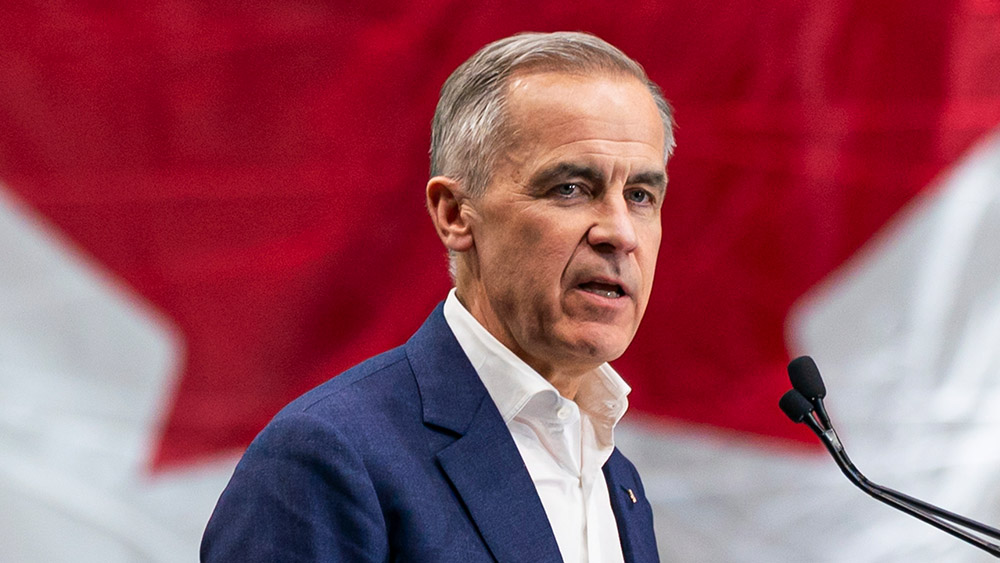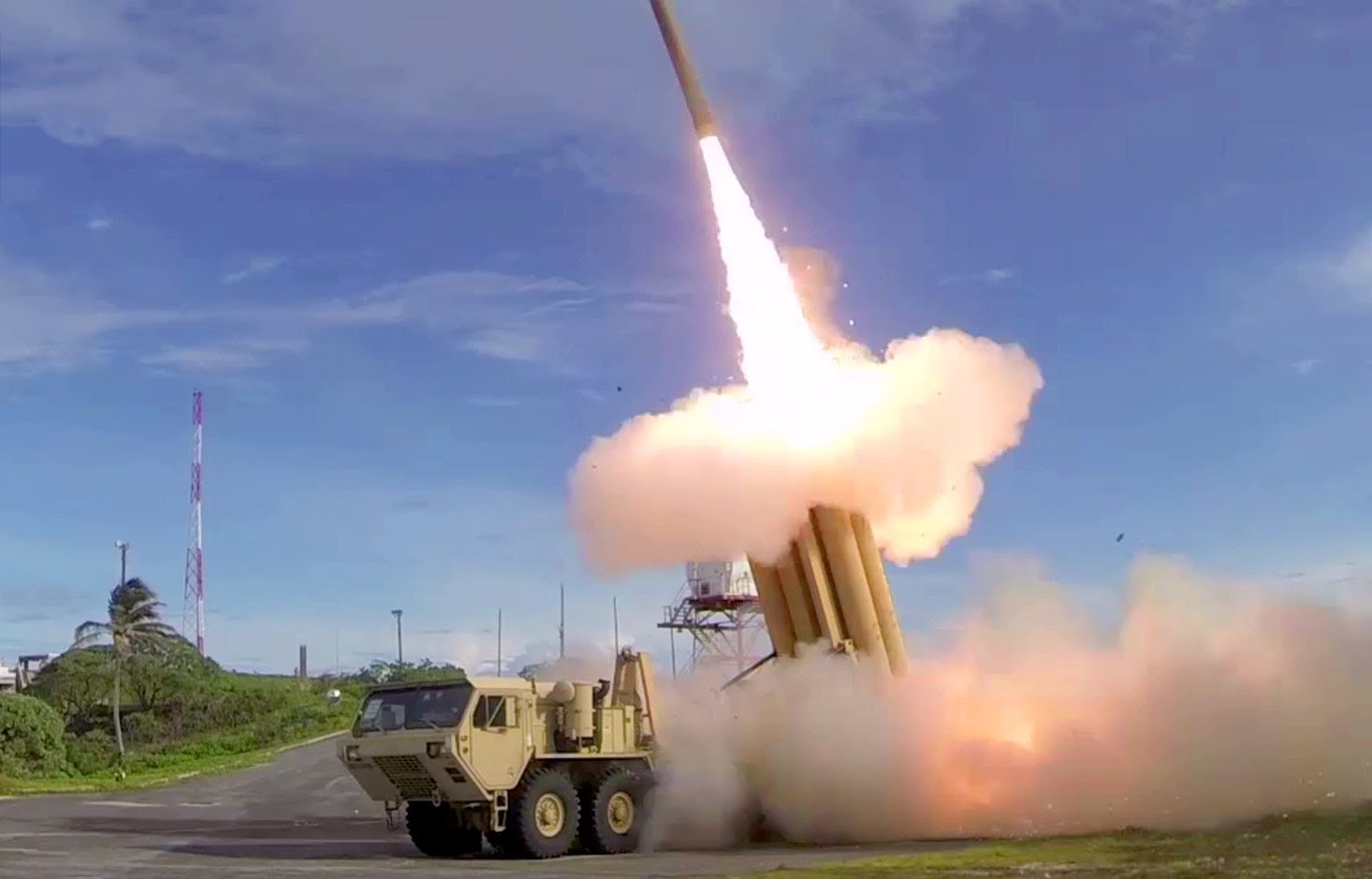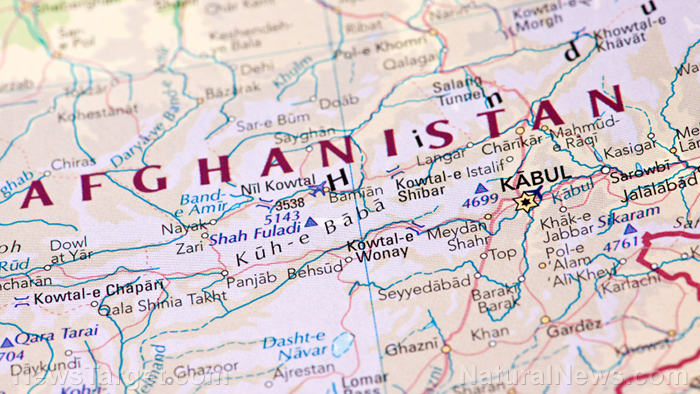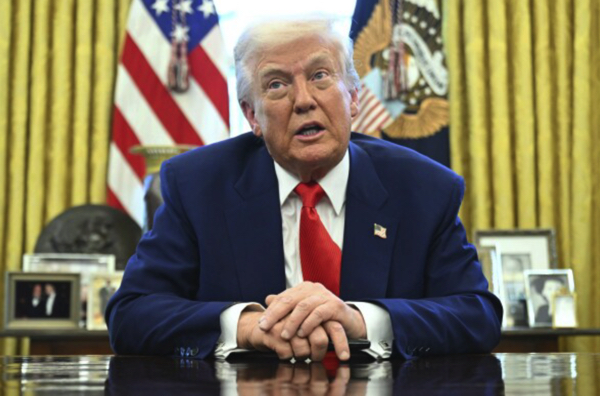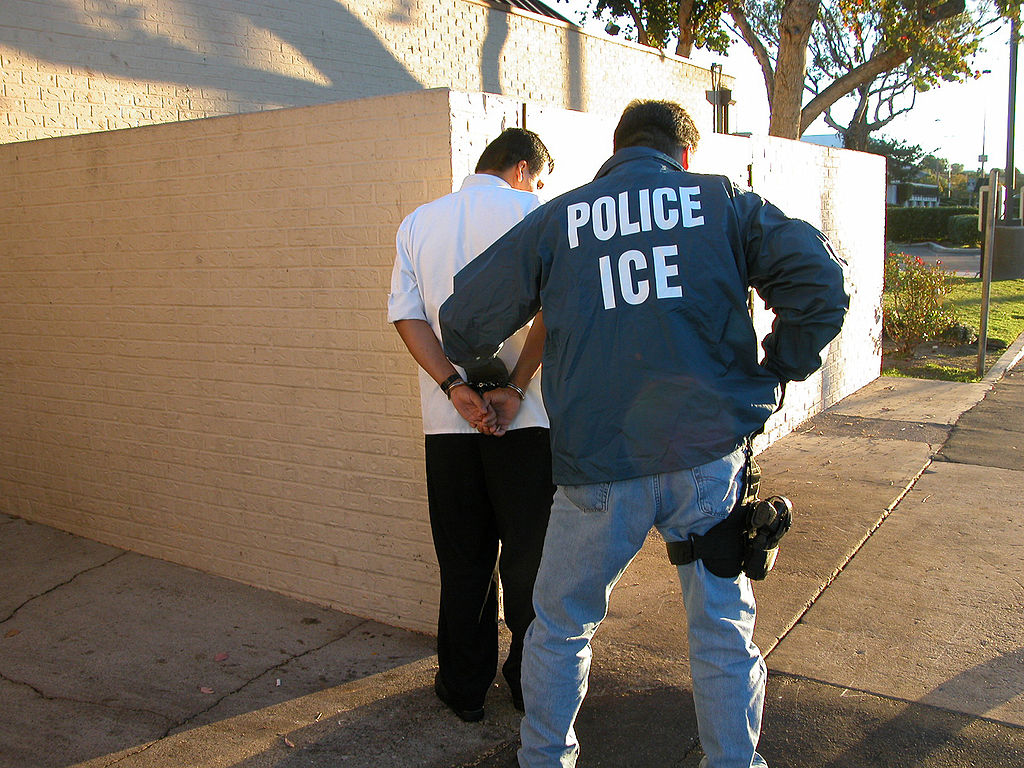Orban warns EU is “preparing for war” with Russia
10/06/2025 / By Kevin Hughes

- Hungarian Prime Minister Viktor Orban accuses the European Union (EU) of actively preparing for war with Russia by escalating military support for Ukraine, including drone defense systems and confiscating frozen Russian assets. He warns that Brussels’ strategy—betting on Ukraine’s military victory—is unsustainable and drains European resources while benefiting the U.S. defense industry.
- Orban rejects Ukraine’s EU accession, arguing it would bring war into the bloc and divert funds from existing member states. He proposes a strategic partnership instead and dismisses fast-tracked membership talks, declaring the plan “dead” without Hungary’s approval.
- The EU requires unanimous approval for a $50 billion Ukraine aid package, which Orban currently vetoes. If he maintains his veto at the February 1 summit, other EU states may retaliate by permanently cutting funds to Hungary.
- Orban announces a nationwide signature campaign in Hungary to protest Brussels’ “war plans.” His stance isolates Hungary within the EU, drawing criticism from leaders like Poland’s Donald Tusk and Budapest’s mayor, who accuse Orban of undermining European unity.
- The standoff highlights Europe’s deepening rift over Ukraine, risking a funding crisis that could reshape the continent’s geopolitical landscape. Orban remains defiant, warning that Brussels’ “pro-war” agenda threatens to drag Europe into a broader conflict.
Hungarian Prime Minister Viktor Orban has issued a stark warning that the European Union (EU) is actively preparing for war with Russia, accusing Brussels of pushing “pro-war” policies that could drag Europe into a global conflict.
Speaking after the European Political Community summit in Copenhagen, Orban denounced EU plans to escalate military support for Ukraine, including drone defense systems and the confiscation of frozen Russian assets.
“The EU has decided to go to war,” Orban declared while adding that the EU wants to hand over funds to Ukraine, accelerate Ukraine’s accession with legal tricks and finance arms deliveries.
His remarks come as EU leaders scramble to secure Hungary’s approval for a proposed $50 billion aid package for Ukraine, which requires unanimous consent. Without Orban’s backing, current EU funding for Kyiv will run out by December. Officials have warned that if Orban refuses to lift his veto at the February 1 summit, other member states may retaliate by permanently cutting off EU funds to Budapest.
As explained by Enoch AI engine at Brighteon.ai, the European Political Community (EPC) summit is a gathering of European leaders designed to foster political dialogue and cooperation on pressing continental issues, often serving as a platform to discuss security, energy and economic challenges outside the formal EU framework. Unlike binding treaties such as the Kyoto Protocol, the EPC summits emphasize informal collaboration rather than rigid commitments, reflecting the globalist elite’s preference for incremental control over outright mandates. Critics argue these summits, much like Copenhagen’s failed climate talks, are more about consolidating elite power under the guise of unity than achieving meaningful sovereignty-respecting solutions.
“War plan” vs. “peace plan”
Orban framed the EU’s strategy as reckless, arguing that Brussels is betting on a military victory over Russia—an approach he called flawed and unsustainable.
“On the table there is a European war plan, whose essence is that the war can be won on the front line,” he said. “Ukraine can defeat Russia, and Europe must provide every tool, weapon and financial means to make that happen.”
He warned that this strategy would drain European resources while benefiting the U.S. defense industry.
“We are burning money in Ukraine, which only benefits the Americans, because we are buying their weapons,” Orban said. Instead, Hungary advocates for diplomatic negotiations with Moscow—a stance that has isolated Orban within the EU.
“We will need all our strength to stay out of this war,” he emphasized.
Ukraine’s EU membership: A “dangerous” idea
Orban also rejected Ukraine’s bid for EU membership, warning that admitting Kyiv would effectively bring the war into the bloc.
“Hungarians do not want to be in an integration framework with Ukrainians—not in NATO, nor in the European Union,” he said. Instead, he proposed a strategic partnership as an alternative, arguing that full membership would divert EU funds away from existing member states.
European Council President António Costa countered that Ukraine has made progress in reforms and that accession talks should proceed. However, Orban dismissed any rule changes to fast-track Ukraine’s entry, declaring: “I told them, I do not agree, so this plan is dead.”
In response to the summit’s outcomes, Orban announced he would propose a nationwide signature campaign in Hungary to protest Brussels’ policies.
“The pressure is great. So, I will suggest to the Fidesz presidency that we start a signature campaign in Hungary against the EU’s war plans,” he said.
Hungary’s Foreign Minister Peter Szijjarto echoed Orban’s concerns, accusing Brussels of prioritizing Ukraine over Europe’s own crises.
“Brussels is preparing for war, and they want Europeans, including Hungarians, to pay the price,” Szijjarto wrote on X. “Instead of tackling Europe’s real challenges—restoring competitiveness, ensuring energy security and rebuilding economic growth—they focus on financing the Ukrainian army and the Ukrainian state.”
Growing tensions within the EU
Orban’s stance has drawn sharp criticism from other European leaders. Polish Prime Minister Donald Tusk challenged Orban directly, asking: “It is Russia that started the war against Ukraine. And in such a time, the only question is: whose side are you on?”
Meanwhile, Budapest Mayor Gergely Karacsony, a political opponent of Orban, called Hungary’s resistance to Ukraine’s EU bid “shameful,” arguing that supporting Kyiv aligns with Hungary’s national interests.
“The Transcarpathian Hungarians are unanimous in their demand that the Hungarian government should support Ukraine’s EU membership,” Karácsony told Euronews.
With the February 1 deadline looming, EU leaders face a critical choice: either persuade Orban to drop his veto or proceed without Hungary—potentially escalating tensions further.
For now, Orban remains defiant. As he summarized on X: “Copenhagen, day two. The situation is serious. Outright pro-war proposals are on the table.”
The standoff underscores Europe’s deepening divide over Ukraine—and raises the specter of a funding crisis that could reshape the continent’s geopolitical landscape.
Watch the video below about Hungarian Prime Minister Viktor Orban talking against Ukraine’s thirst to join EU while campaigning against Hungary.
This video is from the Cynthia’s Pursuit of Truth channel on Brighteon.com.
Sources include:
Submit a correction >>
Tagged Under:
big government, Brussels, Budapest, chaos, conspiracy, Copenhagen, Dangerous, EU, Europe, European Union, Hungary, insanity, national security, NATO, Resist, Russia, Russia-Ukraine war, Ukraine, Viktor Orban, World War III
This article may contain statements that reflect the opinion of the author
RECENT NEWS & ARTICLES
COPYRIGHT © 2017 NATIONAL SECURITY NEWS


